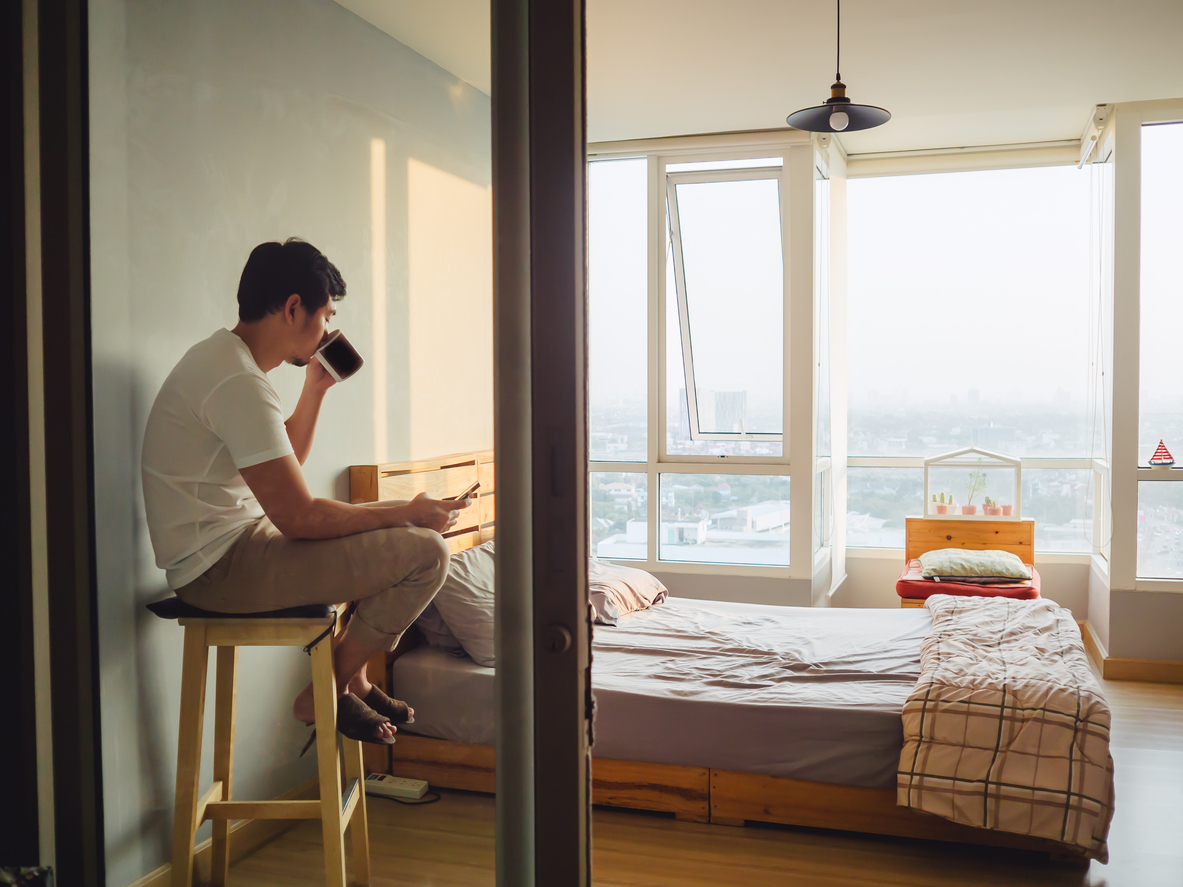Media release
From:
This study surveyed living alone adults and older adults during early weeks of self-isolation in response to the COVID-19 outbreak. Reporting of ill-being in terms of depression, anxiety, and loneliness did not increase during this time. Neither personal preference nor motivation for solitude protected individuals from, or aggravated, ill-being across the two weeks. People who had concerns about their health reported more ill-being during this period of time. Many of our participants experienced stressful events related to COVID-19. The most common was the impact on job security, reported by just over 1/3 of the sample.




 International
International



